Why Ultra-High-Net-Worth Households Need HR Structures
- Rachel Zaslansky Sheer

- Nov 20, 2025
- 2 min read

For most ultra-high-net-worth households, the staff is the backbone of daily life. These teams manage complex logistics, protect privacy, anticipate needs, and create the seamless environments that allow principals to focus on their families, careers, and philanthropy. Yet,
despite the level of sophistication in every other area of their lives, many UHNW households still operate without formal HR structures. That lack of organization often leads to confusion, inconsistency, and unnecessary turnover in otherwise well-run estates.
At The Grapevine, we’ve seen time and again that when a household adopts clear HR systems, everything changes. Boundaries are defined, communication improves, and employees understand exactly what’s expected of them. Formal HR structures don’t mean bureaucracy; they mean professionalism. They ensure that even in the most private and personal environments, there’s accountability, documentation, and respect on both sides.
A household staff may not look like a traditional company on paper, but it functions like one in practice. There are managers, employees, budgets, schedules, and performance metrics, all the ingredients of a business. Without a clear framework for onboarding, reviews, time-off policies, or conflict resolution, even the most loyal team members can feel uncertain or undervalued. A lack of clarity around these systems can lead to preventable issues: scheduling conflicts, miscommunication about compensation, and frustration that ultimately drives good people away.
An HR structure doesn’t have to be complicated. It can start with written job descriptions, defined reporting lines, confidentiality agreements, and basic performance reviews. Establishing these protocols helps protect both the principal and the staff. It eliminates ambiguity and allows employees to thrive within known parameters. For example, when a house manager knows exactly how to escalate an issue or request additional help, they can take initiative confidently instead of worrying about overstepping.
Equally important, HR systems create consistency across multiple properties and teams. Many UHNW families have staff spread between homes, offices, and travel residences. Without alignment, every location can develop its own culture, which leads to uneven standards. Centralized HR oversight ensures continuity, discretion, and trust. It also provides protection in today’s complex legal and regulatory environment, where household employers must comply with employment laws, benefits administration, and documentation requirements just like any other business.
Finally, HR infrastructure signals respect. When employees see that their roles are treated with structure and professionalism, morale rises. They know their contributions are valued, their compensation is transparent, and their growth is supported. That level of care builds loyalty and longevity, which saves the principal significant time and resources over the long term.
The most successful households we support operate with the same intentionality as any thriving organization. They have clear systems, thoughtful communication, and trusted advisors who help maintain balance between formality and discretion. HR structures are not about rigidity, they’re about creating stability, trust, and excellence behind the scenes.
At The Grapevine, we believe that managing people well is the ultimate luxury. When households treat staffing with the same strategy and care as their investments or enterprises, they not only attract better talent, they retain it. And in the world of private service, retention is the real marker of success.





